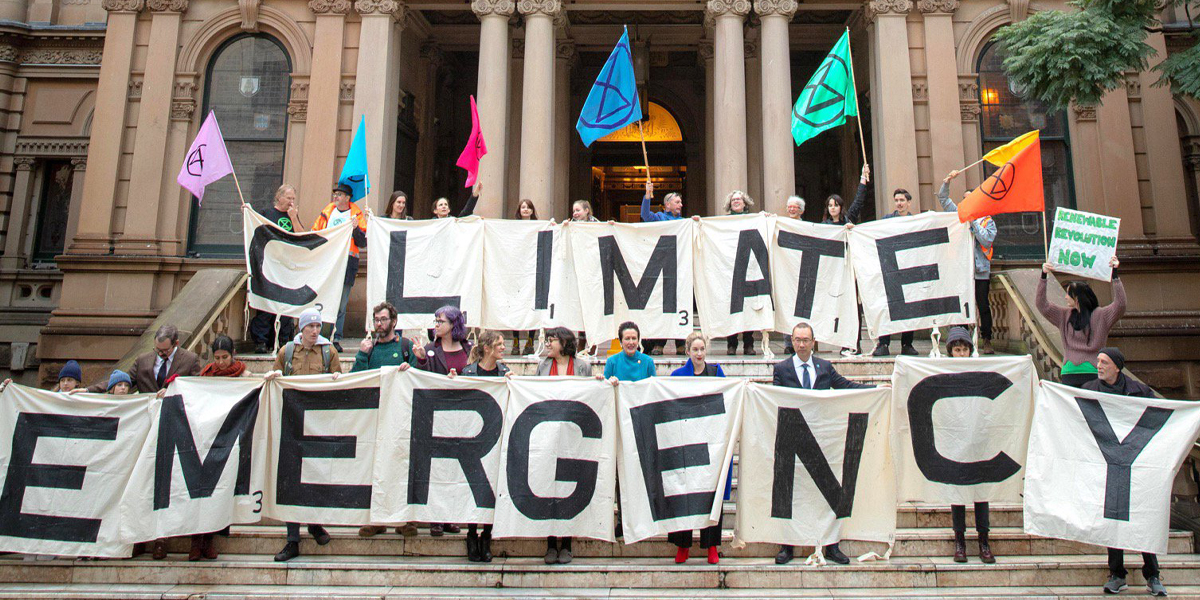
City of Sydney introduces net-zero policy for new developments beginning 2023

Image: City of Sydney is taking steps to address the climate emergency with new a net-zero development policy beginning January 2023. Photo: teamclover.com.
By AMBER GRIFFIN
As energy use in buildings continues to be a significant contributor to greenhouse gas emissions across Sydney, The City of Sydney has made an ambitious step towards achieving net zero emissions city wide.
For a smooth transition to net zero energy across the City of Sydney local government area, council have developed ‘performance standards’ for buildings with net zero energy to be implemented throughout the planning system.
At a council meeting on August 22, the City of Sydney Council unanimously endorsed energy controls that require applications for new office buildings, hotels and shopping centres and major redevelopments to comply with minimum energy ratings from January 2023.
“With 68% of the city’s total emissions coming from hotels, apartment complexes, and commercial office space, it’s vital that the architecture, development, and construction industry play a leading role” Sydney Councillor HY William Chan said.
“It’s a truly groundbreaking step for environmental innovation in not just policymaking but citymaking. This is what climate leadership and action looks like.”
Policy to benefit both council and developers
Cr Chan shared that he is satisfied that the City of Sydney is pioneering in sustainable development and positive business recovery.
“The action we take locally will help reduce greenhouse gas emissions by 21 per cent of the City’s 2030 target, as well as saving approximately $1.3 billion in running costs for developers, owners and occupants across Greater Sydney.”

The City of Sydney stated that the performance standards are improvements in energy performance for new office, multi-unit residential, hotel, shopping centre and mixed-use developments as well as major refurbishment projects.
Lord Mayor of Sydney Clover Moore said that the new controls, which have been in the works for four years, are “ambitious but achievable”.
“These new controls, four years in the making, require developers to reduce emissions through increased energy efficiency, on-site renewable energy production and offsite renewable energy procurement” Cr Moore said.
When asked by City Hub if he believes the 2026 target for net zero emissions was ambitious, Cr Chan mirrored the Mayor saying that the urban planning controls are ‘ambitious but achievable’ because they provide a clear and certain pathway for developers to transition to net zero buildings.
“It’s taken four years, but we’ve developed an evidence base, done the technical modelling, and taken a highly collaborative, whole-of-sector approach with industry experts to ensure feasibility.”
University Professors stress current climate emergency
Acting director of the UNSW Climate Change Research Centre Professor Steven Sherwood affirmed that he believes the plan for net zero emissions within the City of Sydney will have significant effects on reducing climate change.

“It is imperative that we make buildings more efficient and better able to use and/or generate renewable energy, if we are to reduce climate change, because otherwise emissions from the built environment will continue to cause warming even if other sectors such as transport are fully electrified with renewable power” Professor Sherwood said.
“So every municipality must take this step.”
University of Sydney Professor in Climate and Environmental Law Rosemary Lyster advised that we are in a climate emergency.
“We need firm and ambitious deadlines that are entrenched in legally binding requirements. If there is a firm target, there is a greater chance of the goals being met on time.”
Professor Lyster shared her insight on how the plans for net zero emissions will positively impact climate change.
“The world’s cities are major emitters of GHG emissions even though they only take up 2% of the Earth’s land mass. They emit 60% of global GHG emissions and consume 78% of the world’s energy. In Australia, the built environment it responsible for around 25% of our emissions. So this is a very important initiative.”










